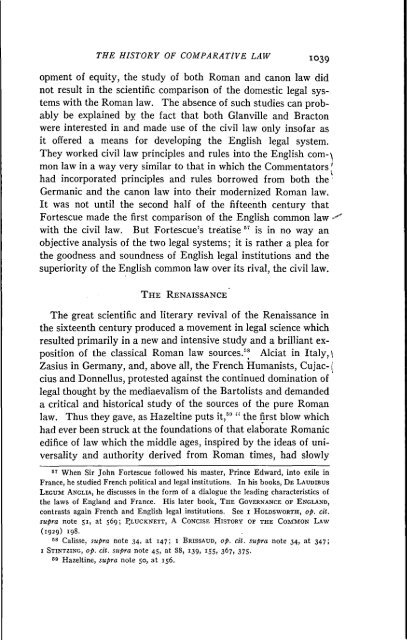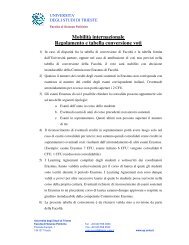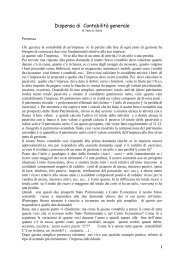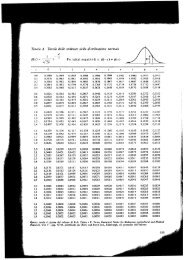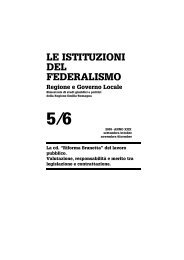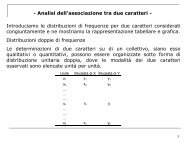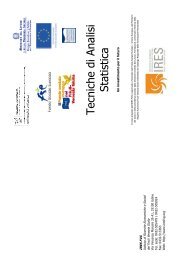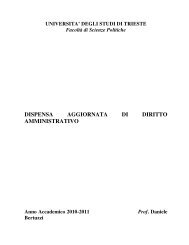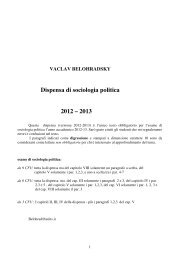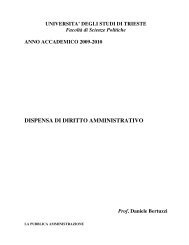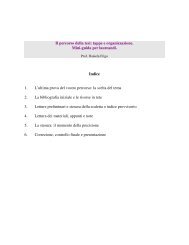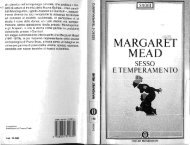THE HISTORY OF COMPARATIVE LAW * ^COMPARATIVE law, as ...
THE HISTORY OF COMPARATIVE LAW * ^COMPARATIVE law, as ...
THE HISTORY OF COMPARATIVE LAW * ^COMPARATIVE law, as ...
Create successful ePaper yourself
Turn your PDF publications into a flip-book with our unique Google optimized e-Paper software.
<strong>THE</strong> <strong>HISTORY</strong> <strong>OF</strong> <strong>COMPARATIVE</strong> <strong>LAW</strong> 1039<br />
opment of equity, the study of both Roman and canon <strong>law</strong> did<br />
not result in the scientific comparison of the domestic legal systems<br />
with the Roman <strong>law</strong>. The absence of such studies can probably<br />
be explained by the fact that both Glanville and Bracton<br />
were interested in and made use of the civil <strong>law</strong> only insofar <strong>as</strong><br />
it offered a means for developing the English legal system.<br />
They worked civil <strong>law</strong> principles and rules into the English<br />
mon <strong>law</strong> in a way very similar to that in which the Commentators,'<br />
had incorporated principles and rules borrowed from both the'<br />
Germanic and the canon <strong>law</strong> into their modernized Roman <strong>law</strong>.<br />
It w<strong>as</strong> not until the second half of the fifteenth century that<br />
Fortescue made the first comparison of the English common <strong>law</strong><br />
with the civil <strong>law</strong>. But Eortescue's treatise ^' is in no way an<br />
objective analysis of the two legal systems; it is rather a plea for<br />
the goodness and soundness of English legal institutions and the<br />
superiority of the English common <strong>law</strong> over its rival, the civil <strong>law</strong>.<br />
<strong>THE</strong> RENAISSANCE<br />
The great scientific and literary revival of the Renaissance in<br />
the sixteenth century produced a movement in legal science which<br />
resulted primarily in a new and intensive study and a brilliant exposition<br />
of the cl<strong>as</strong>sical Roman <strong>law</strong> sources."^ Alciat in Italy, ^<br />
Z<strong>as</strong>ius in Germany, and, above all, the French Humanists, Gujac- [<br />
cius and Donnellus, protested against the continued domination of<br />
legal thought by the mediaevalism of the Bartolists and demanded<br />
a critical and historical study of the sources of the pure Roman<br />
<strong>law</strong>. Thus they gave, <strong>as</strong> Hazeltine puts it,°° " the first blow which<br />
had ever been struck at the foundations of that elaborate Romanic<br />
edifice of <strong>law</strong> which the middle ages, inspired by the ide<strong>as</strong> of universality<br />
and authority derived from Roman times, had slowly<br />
5' When Sir John Fortescue followed his m<strong>as</strong>ter. Prince Edward, into exile in<br />
France, he studied French political and legal institutions. In his books, DE LAUDIBUS<br />
LEGUM ANGLIA, he discusses in the form of a dialogue the leading characteristics of<br />
the <strong>law</strong>s of England and France. His later book. <strong>THE</strong> GOVERNANCE <strong>OF</strong> ENGLAND,<br />
contr<strong>as</strong>ts again French and English legal institutions. See i HOLDSWORTH, op. cit.<br />
supra note 51, at 569; IJLUCKNETT, A CONCISE <strong>HISTORY</strong> <strong>OF</strong> <strong>THE</strong> COMMON <strong>LAW</strong><br />
(1929) 198.<br />
°8 Calisse, supra note 34, at 147; i BRISSAUD, op. cit. supra note 34, at 347;<br />
I STINTZING, op. cit. supra note 45, at 88, 139, 155, 367, 375.<br />
^^ Hazeltine, supra note 50, at 156.


